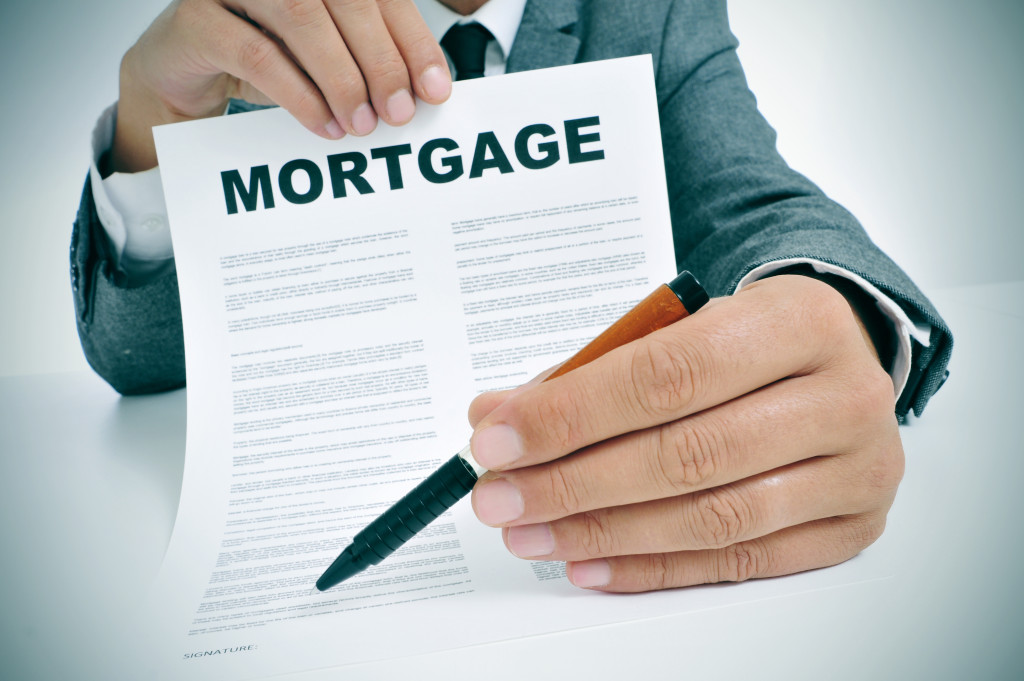Defaulting on your mortgage is not something anyone plans on doing. But sometimes, uncontrollable circumstances get in the way of your finances. What you can do is prepare for the off chance that you miss several mortgage payments.
One thing to remember is that a mortgage default doesn’t automatically mean the bank is going to foreclose your house. But it does bring you one step closer to losing your home, especially if you fail to remedy the situation. You can seek the legal advice of a foreclosure defense attorney to determine the best course of action.
Something to Remember about Mortgage Defaults
Missing your loan payments is a common way to fall into default status, but this isn’t the only way it happens. Failing to pay your property taxes and homeowner’s insurance premiums can also get you into default. A default action can also occur when a person is caught using the house for illegal activities, such as dealing or manufacturing drugs.
Technically, defaulting on a loan happens once you don’t make a full, on-time payment. But there’s a grace period that allows you to recover from a minor financial setback. The duration of the grace period varies per state, so be sure to check the mortgage laws in your location. A typical grace period lasts from 15 to 30 days.
If you fail to settle your payment within the grace period, the pre-foreclosure stage starts.
Pre-Foreclosure

Your lender will file a notice of default on your home, informing you that they plan on pursuing legal action if you fail to pay your debt. A representative from the organization you borrowed from will ask you to explain why you weren’t able to meet your payment.
Some states won’t file a notice of default until you’ve missed payments for 90 days. They’ll mail you the notice along with a demand letter.
Possible Solutions
You have various available solutions for your mortgage default. Even after the first notice of default, most states will give you time to submit all your dues and late fees.
- Seek loan modifications. These can lower your interest rate, giving you more manageable monthly payments.
- Check if your state has mortgage default assistance programs. An example is Michigan, which offers the Hardest Hit Fund for those struggling with their mortgage payment. There are also organizations in various states that provide foreclosure prevention counseling, such as the Community Development Corporation of Utah.
- File for bankruptcy to delay the foreclosure for several more months or prevent it altogether. The court can issue an automatic stay, which forces your lender to stop their collection and eviction activities.
If you ignore the notices entirely or fail to negotiate with the lender, you’ll then go into foreclosure. You’ll still have some time before you’re forced to leave your home. You can save your property by paying your missed payments and penalties.
The best way to avoid foreclosure is to stay in touch with your creditor. Inform them ahead if you know you’re going to be late. They might be willing to help you or be lenient with their deadlines.
If you do go into foreclosure, seek advice from a foreclosure defense or bankruptcy lawyer or any organization in your state that help those struggling with their mortgage.

